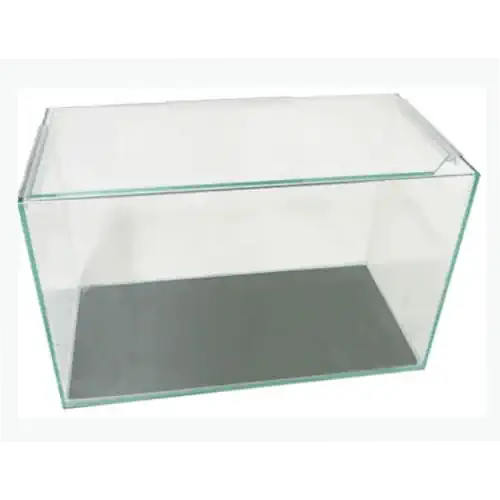Stop Wasting Money On These Aquarium Products!

Although fishkeeping is a fulfilling and soothing pastime, many misconceptions about it can easily mislead newcomers. Sadly, some of these widespread misunderstandings can result in unhealthy fish, lost revenue, and a great deal of annoyance.
We at Fishut Aqua would like to correct the record. These are the main myths about fishkeeping that have been disproved, coupled with information that all Australian aquarists should be aware of.
1. Ignoring the Nitrogen Cycle
Myth: A fresh tank will cycle on its own if you leave it for a few weeks.
Fact: In order for the nitrogen cycle to produce helpful bacteria, it requires an ammonia source, which can be either pure ammonia or fish waste or food. If you don't, your tank won't cycle correctly, and if you add fish too soon, they'll probably die.
Before adding fish to an aquarium, educate yourself about the nitrogen cycle. Make sure your tank is cycled by using a test kit.
2. Cleaning the tank and filter excessively
Myth: Fish are healthier in cleaned tanks.
Fact: The good bacteria that break down toxic waste are actually eliminated when you scrub your tank till it appears like new. This may result in hazardous rises in nitrite and ammonia.
Advice: Only clean the visible muck after gently rinsing the filter media in old tank water. Don't wash everything at once.
3. Bubblers and Air Pumps Are Oxygen Tanks
Myth: Oxygen is pumped straight into the water using bubblers.
Fact: Unlike scuba tanks, bubblers do not add oxygen. Rather, they stir the water's surface, which enhances gas exchange and permits the dissolution of additional oxygen.
Advice: Healthy oxygen levels are maintained by good surface movement, whether from an air stone, powerhead, or filter.
4. Fewer water changes are associated with larger filters.
Myth: Having a large filter eliminates the need for water changes.
Fact: Although filters remove impurities and maintain the purity of water, nitrates will eventually accumulate. Water modifications or living plants are the only ways to lower nitrates.
Advice: Maintain a weekly water change schedule of roughly 20–30%.
5. The Tank Will Remain Clean Thanks to Plecos and Algae Eaters
Myth: You won't ever need to clean your tank if you get a pleco or algae eater.
Fact: They produce a lot of garbage themselves, even if they assist in eating leftovers and algae. They cannot take the place of routine tank maintenance.
Advice: Consider algae eaters to be helpers rather than cleansers. The hard work will still need to be done by you.
6. It's Easier to Manage Smaller Tanks
Myth: It's easier to maintain a 5–10 liter tank than a large one.
Fact: Due to the rapid changes in water conditions, smaller tanks are more difficult to maintain. Smaller amounts are more vulnerable to temperature fluctuations, ammonia spikes, and algal growth.
Advice: A tank of 60–100 liters is significantly more sturdy and easier for beginners to use.
7. Using Old Tank Water Cycles a Tank Instantaneously
Myth: Beneficial bacteria can be added to a new aquarium tank by mixing old aquarium water.
Fact: The bacteria you require are not found in the water itself, but rather on surfaces such as filter media, substrate, and decorations. Water from an old tank just transports trash.
Advice: To seed a new tank, use gravel, rocks, or old filter media from an existing one.
8. The Need to Feed Feeder Fish
Myth: Only feeder fish can sustain certain fish.
Fact: Poor living conditions, illness, and low nutritional value are common in feeder fish. Almost any predatory fish can be weaned onto frozen or pelletized food if they are patient.
Advice: Make the switch gradually by reducing live feedings after mixing feeders with prepared food.
9. Fish only reach their tank size.
Myth: If the tank is too tiny, the fish will not grow.
Fact: The organs continue to develop even if growth may be impeded, resulting in abnormalities, stress, and an early death. Fish lifetime and health are directly impacted by tank size.
Advice: Before purchasing, find out how big your fish will be as adults, and make sure they have the room they require.
Concluding remarks
In fishkeeping, false information might cause more harm than benefit. By being aware of these widespread misconceptions, you can safeguard your fish, save money, and have a healthier aquarium.
With the correct information and dependable supplies, we at Fishut Aqua are dedicated to assisting Australian aquarists in making informed decisions.
For additional useful advice and reliable equipment, check out Fishut Aqua.



